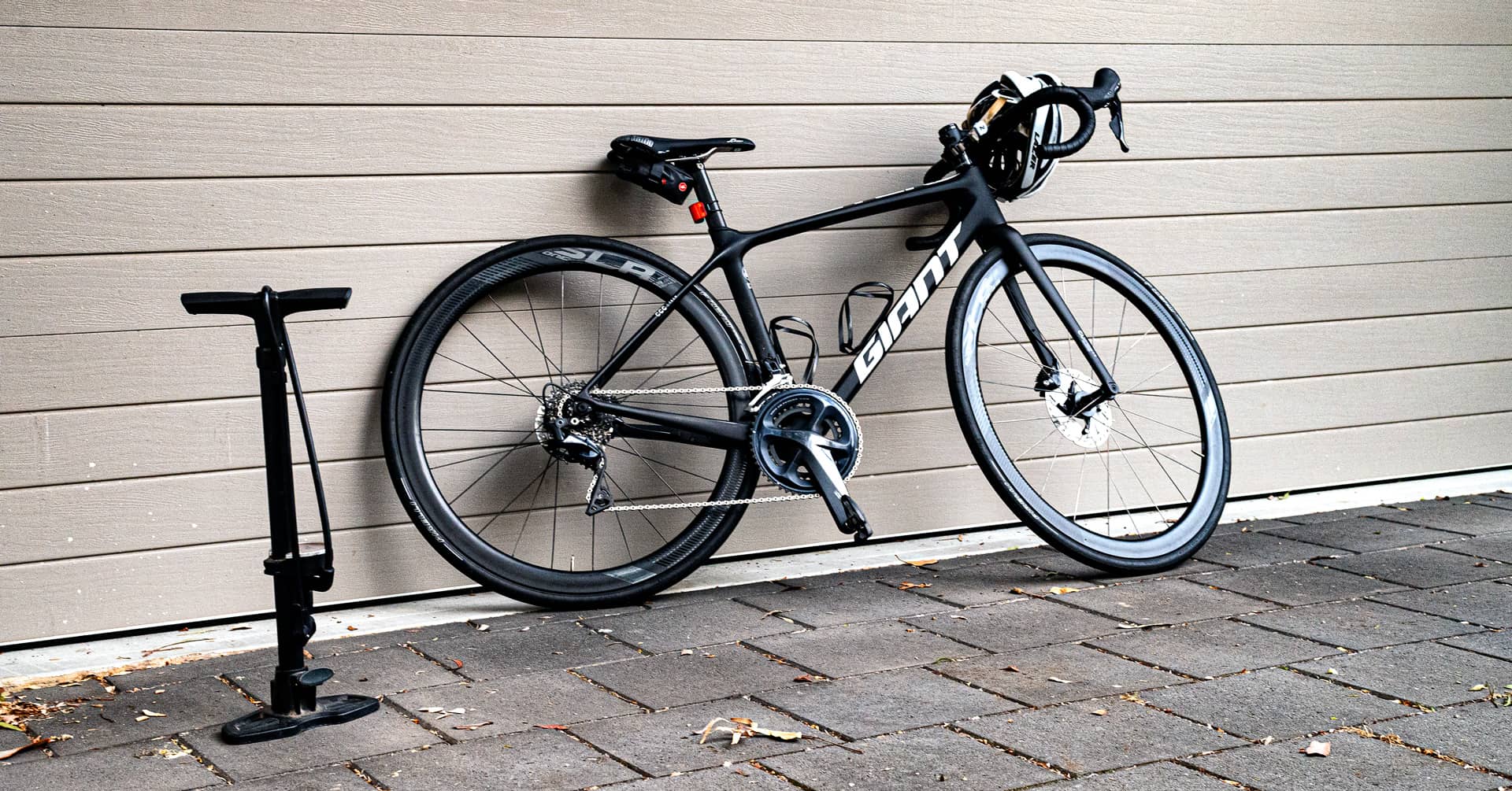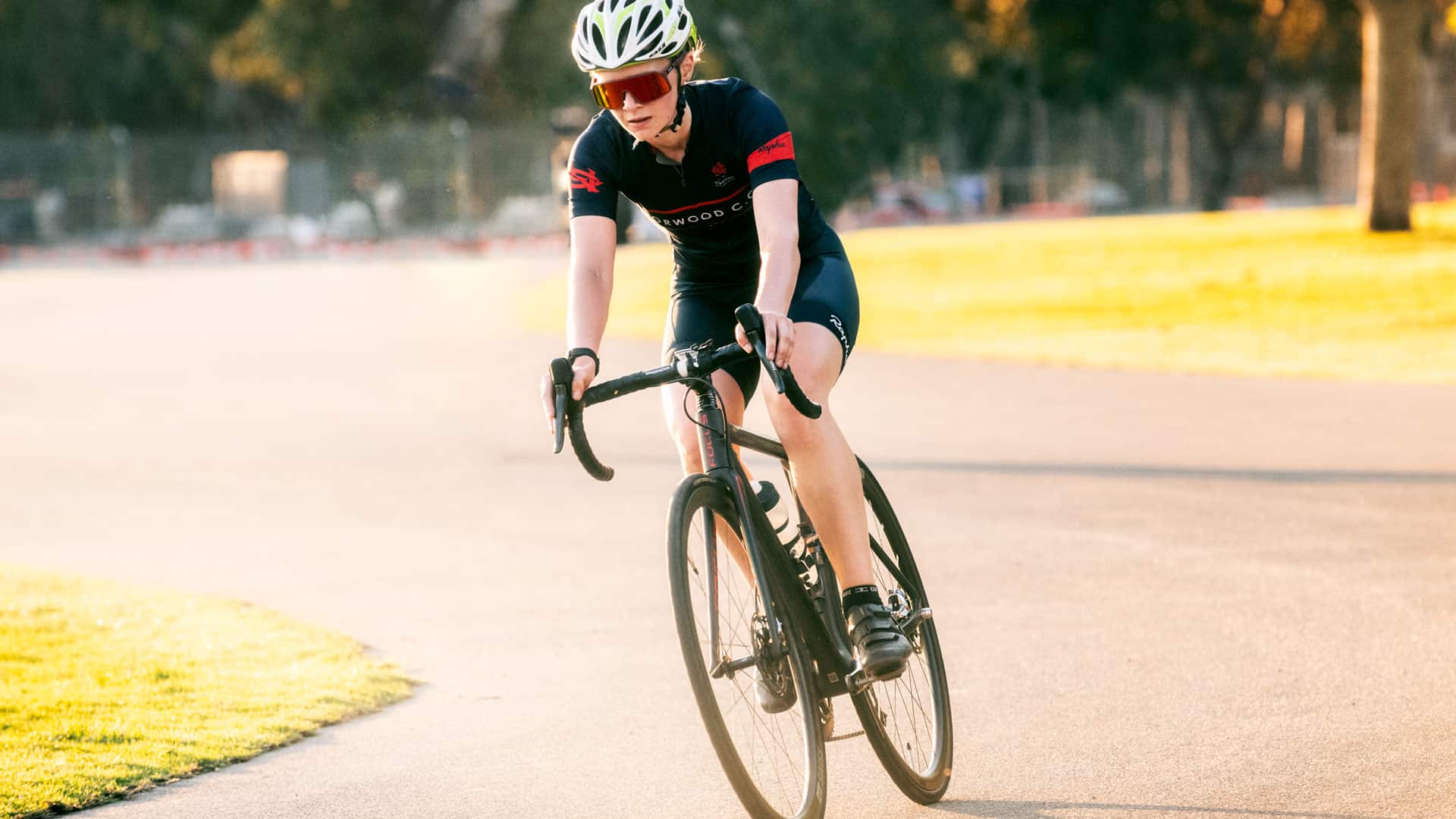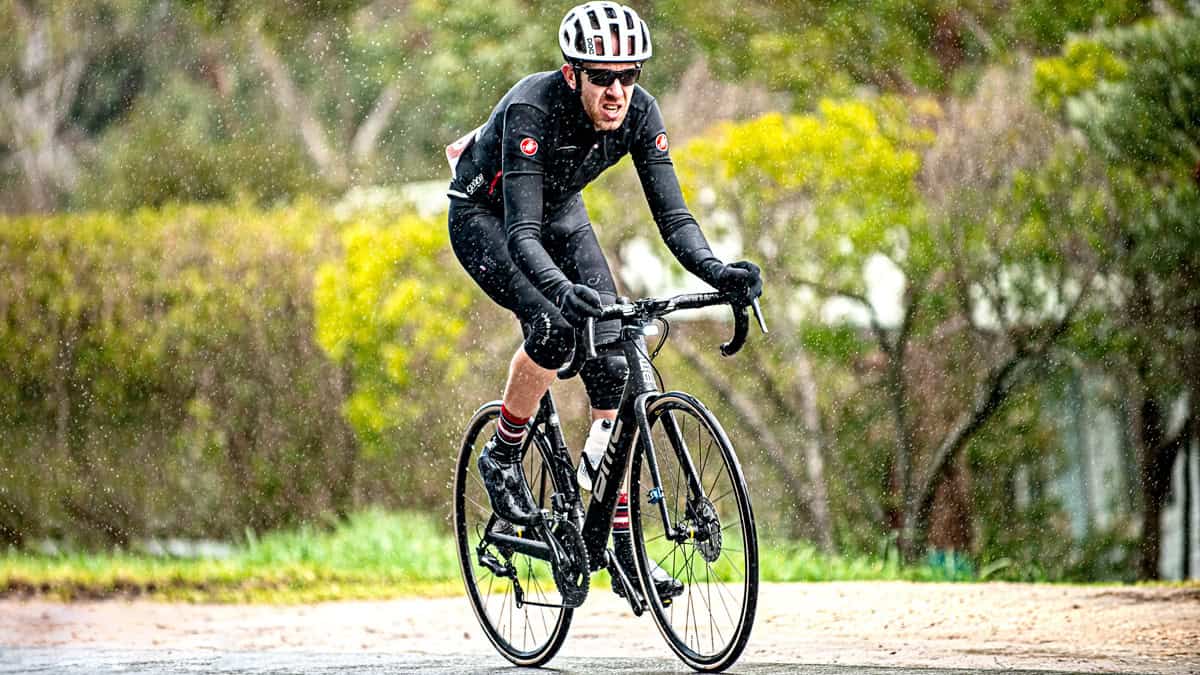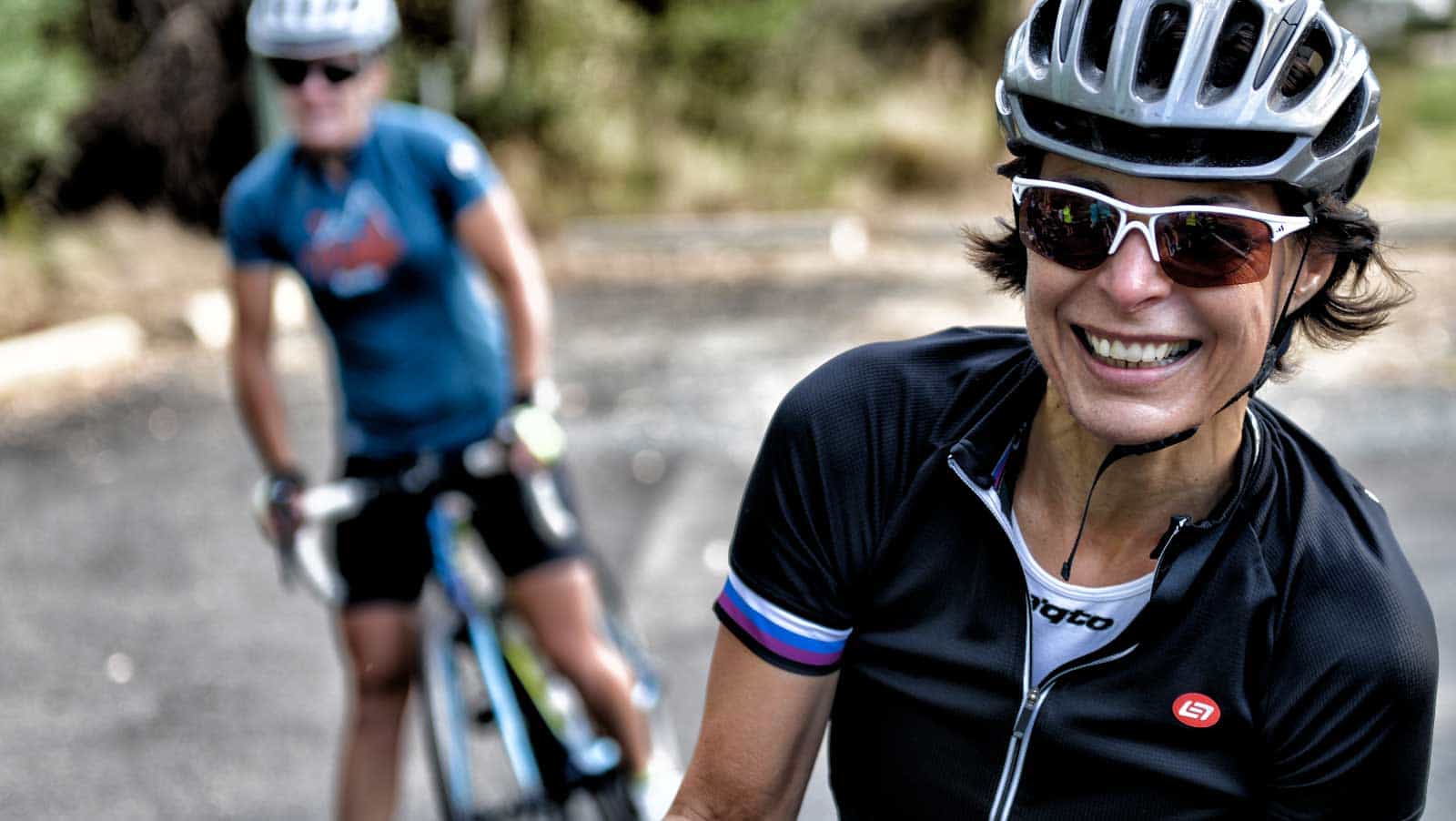As a cycling coach one of the most important things that I’ve found that govern the success or failure of my client’s preparation for big events is their commitment. Now, commitment a fairly broad topic. So what I’m going to discuss here is one of the main issues that many of my clients face when they are about to commit to a serious block of training.
How much training is required to ride a cycling event that lasts for three hours or more? Forget anything that you’ll see that offers you super fitness by exercising for 20 minutes a day or spending three sessions on a home trainer a week and you’re good to go. That only exists in a make-believe world. You see, there is no holy grail to getting fit quickly, especially for a serious cycling endurance events and races. And, believe it or not, I believe there is no naturally gifted sedentary person out there that they can just jump on a bike and get enough fitness in just three weeks for an event lasting longer than three hours. Well, they could do it but I don’t think it would be a very pleasurable experience. Look, there might be someone out there but I’ve yet to come across one in all the time I’ve been coaching people. And, if I was to find someone they would be a very very rare exception.
So you’ll need to commit around six to twelve hours a week for twelve weeks to prepare yourself to successfully ride an event longer than three hours. There are, however, a few exceptions to this. If you’ve come over from another endurance sport or if you have previously committed to this volume of training before then you may not need to do as much, but that’s about the only two exceptions that I can think of.
The main reason why people fail themselves when they try to commit to a block of training like this is actually to do more with what they don’t do rather than what they are going to do.
So now that you know that you’ll need to train between six to twelve hours a week for twelve weeks (depending on your target ride time) you’ll actually need to make this time available.
And this is where many people come unstuck. If you aren’t currently making this amount of time available to train then there is a whole lot of stuff that you’re currently doing that you won’t be able to do if you commit to this training. Remember, it’s all about what you won’t be doing. Whether its playing taxi for the kids on the weekend or making that eight am meeting at work on Wednesday.
So rather than blindly kicking off your training in a hope that you’ll sort out these scheduling conflicts when they arise, you’re better off addressing them before you start your training. In my experience these conflicts, if left unresolved, will result in you feeling frustrated that you aren’t getting your training done. On top of that, you’ll be dealing with your workmates being frustrated with your priorities and your disgruntled partner being angry at you not being available to be your kids weekend taxi service.
So the first thing to do before committing to your training is to work out when you’ll find the time to do your riding and then work out what and who is going to be impacted by it. Once you figured this out you’ll need to go to each of these stakeholders and get their buy-in well ahead of time. As part of your planning. set some time aside to talk to your family and workmates and let them know what you are doing. Negotiating who’s going to operate the kids weekend taxi service at 5:30 am on a Saturday morning while pumping up your tires in the garage just before a ride will never result in a very favourable outcome for you. Anyone that understands how to negotiate will tell you that you need to come from a position of power. The garage at 5:30 am in the morning is not a good place for powerful negotiations for you.
The great thing is that I’ve done a lot of the initial hard work. I’ve created a high-level free cycling training program for 100-160 km Gran Fondo and Century events for you. In it, I’ve already worked out how much training and what sort of training you’ll need to do week by week in your build-up for your next recreational event. All you then have to do is get your diary out and find out if you have any up and coming work events, social gathering, meeting and taxi services that are going to conflict with the training plan. Nothing worse than trying to get in a long ride on Sunday after attending your friend’s all-nighter birthday party the day before. Right?
So there you have it. Stakeholder buy-in. Get it right and you’ll fly through your training with ease. Get it wrong and you could be facing a nasty disagreement with your family, friends or boss or perhaps all three.
Other resources
How To Get Your Nutrition Right For Longer Rides






Leave A Comment